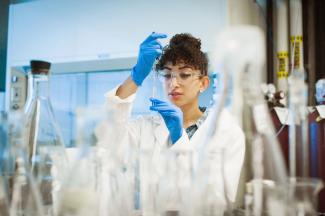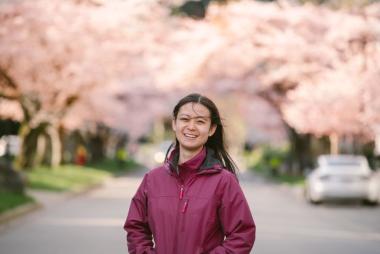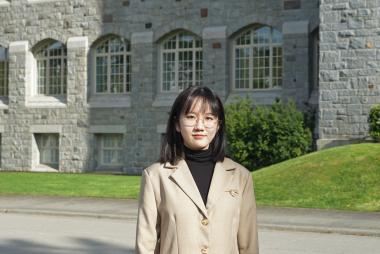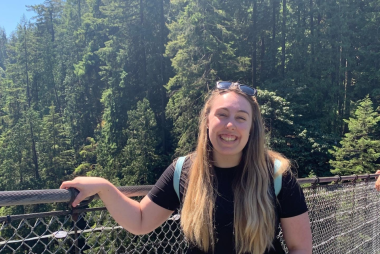"Don't limit your passion to the classroom; let it roam and conquer new frontiers."
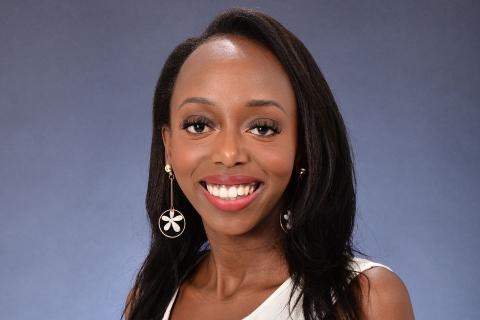
Ashley Kairu
- Degree:Bachelor of Applied Science
- Grad year:2023
- Program:
- Campus:Vancouver
My name is Ashley Kairu. Originally from Kenya, I lived in Uganda and South Africa before venturing across the ocean to Vancouver for university. I am a chemical engineering graduate with a passion for clean energy and the environment. However, my truest passion is equity, diversity, and inclusion work as well as creating community. I was President of theUBC Africa Awareness Initiativethat strives to improve discourse surrounding and including Africa while creating a community for Africans at UBC. I worked with the Faculty of Applied Science as an Equity Ambassador, and probably my most challenging position has been as the Founder and President of theUBC chapter of the National Society of Black Engineers (NSBE).
What advice would you give an incoming engineering student?
Though engineering is a crazy busy degree, I would advise you to tap into your passions outside of your degree and ensure you get your co-curricular cup filled.
UBC has such a myriad of opportunities and there is something for everyone, sometimes you just need to look around a little more. Your co-curriculars could include clubs, organizations, residence life and so much more. As much as I love my engineering degree it was what I pursued alongside my learning; my work with the Applied Science Equity, Diversity, Inclusion and Indigeneity office, my involvement in the Africa Awareness Initiative, and founding theNational Society of Black Engineers UBC, that ensured I felt overall fulfillment.
Where do you find your inspiration to use your degree to make an impact on our world?
Having grown up across Africa, the abundance of renewable energy resources, coupled with the inability to harness them, lit a passion in me to delve into clean energy.I am passionate about helping the world utilize valuable resources and I want to work on projects that work towards this narrative.After landing my first co-op position in hydrogen fuel cells, it really confirmed my desire to work in clean energy, the future seemed so much brighter. My family has always pushed me to reach for the stars, and for me that meant involving myself in cutting edge technology. I am grateful to have met incredible people along the way that have helped guide my journey.
What are some contributions you would like to make when it comes to your field?
My goal has always been to work in clean energy. Growing up in East Africa and seeing the lack of use of renewable energy resources has ensured that with the experience I gain I will eventually go back home to utilize my knowledge and expertise to create and work with entities that further clean energy at home.
